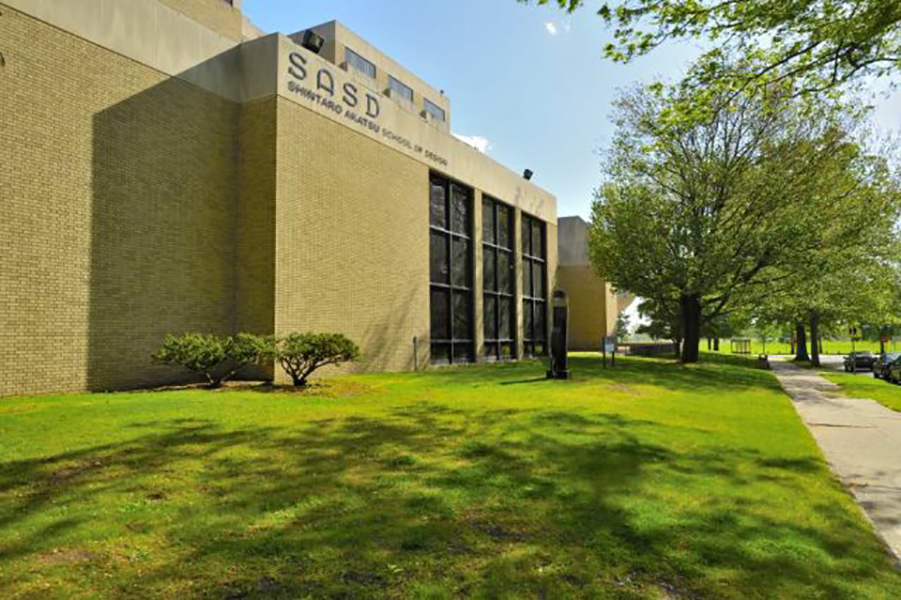People are social beings by nature. They need stimulation and collaboration to work at their best. What does this have to do with office space?
 For months now we have been reading about the demise of the office market in the wake of the work-at-home wave created by the pandemic. With 63 percent of people recently surveyed saying they prefer to work from home, companies are scaling back and rethinking the need for office space.
For months now we have been reading about the demise of the office market in the wake of the work-at-home wave created by the pandemic. With 63 percent of people recently surveyed saying they prefer to work from home, companies are scaling back and rethinking the need for office space.
A survey of top businesses released by KPMG in late August found that more than two-thirds (68%) of large company CEOs plan to downsize their office space. The survey, which polled companies with more than $1 billion in annual revenue, suggested the virtual work model will continue even after the pandemic subsides and a vaccine is approved. Nearly three-quarters of the CEOs surveyed said they plan to spend more on the digitization and two-thirds of the CEOs plan to invest more on automation and artificial intelligence alongside human workers.
Despite this there are signs that corporate America has not given up the concept that community is fostered more effectively in an office environment. Facebook recently leased an additional 780,000 square feet of space in Manhattan”™s Penn Station district in addition to the millions of square feet it already has in Manhattan, including at Hudson Yards.
Why? Because leading companies recognize that despite the reduced cost and the flexibility that working from home offers, productivity and true innovation depend on the ability of people to collaborate face to face in the workplace. Growth depends on innovation, and that”™s fueled when creative people come together to collaborate. That can only take place in a social environment. Meetings and lunches with coworkers provide opportunities for storytelling, and an exchange of ideas ”“ things that can”™t be replicated in virtual meetings.
In my business, when a transaction hits a snag, a face-to-face meeting is often facilitated to get everyone on the same page and hopefully move the transaction toward a successful conclusion. There is no substitute for that in-person meeting.
The current climate has robbed us of these opportunities and hit the office market hard. New York City”™s office market has been bearing the brunt of this retrenchment. It was widely reported that the second quarter was the slowest since 2009 and noted as one of the worst quarters ever recorded for Manhattan”™s office market.
We are hopeful that this may create some opportunities for Westchester and Fairfield counties, which have fared better since we have benefited from the residential influx as people flee the city for open spaces. Maybe these same people will get tired of working from their dens and crave to return to the workplace, but closer to home.
Having been one of the most active commercial real estate brokers in the tristate area for 30 plus years and having negotiated lease and sale transactions valued at over $750 million, I can attest to the fact that companies will need office space in the future. Although in my opinion, commercial brokers will have to be more nimble and creative in their approach and act more as consultants than brokers.
We know volatility creates opportunities, but only for those organizations fusing deep historical knowledge with current field conditions in order to predict a path forward for the regional office marketplace.
RM Friedland is celebrating 50 years in business, but rather than being satisfied with remaining the largest privately held real estate brokerage in Westchester County, the firm is embracing the evolutionary process many top companies in all industries are implementing post-Covid ”“ maximize profitability and operational flexibility utilizing technology without losing the decades of experience that brought you success pre-pandemic.
To move forward, you need the judgment of experienced brokers matched with the right analytical tools, so they can uncover patterns in past and present buying behaviors to help influence decisions being made today and tomorrow.
Whether Westchester and Fairfield can capitalize on New York City”™s misfortunes or whether people will get tired of the isolation of working from home and return to the office, is anyone”™s guess. But in the words of the great American writer Mark Twain, reports of the office”™s death have been greatly exaggerated.
Chris O”™Callaghan is managing director-office division of RM Friedland.



















